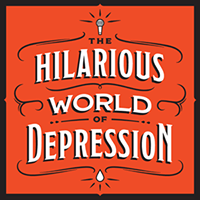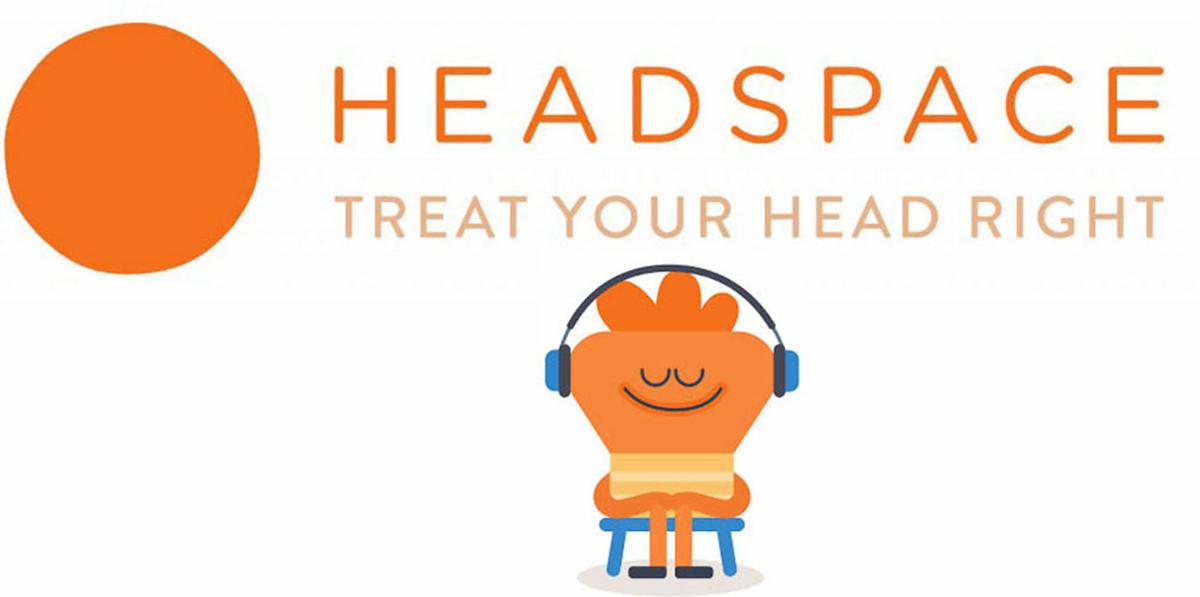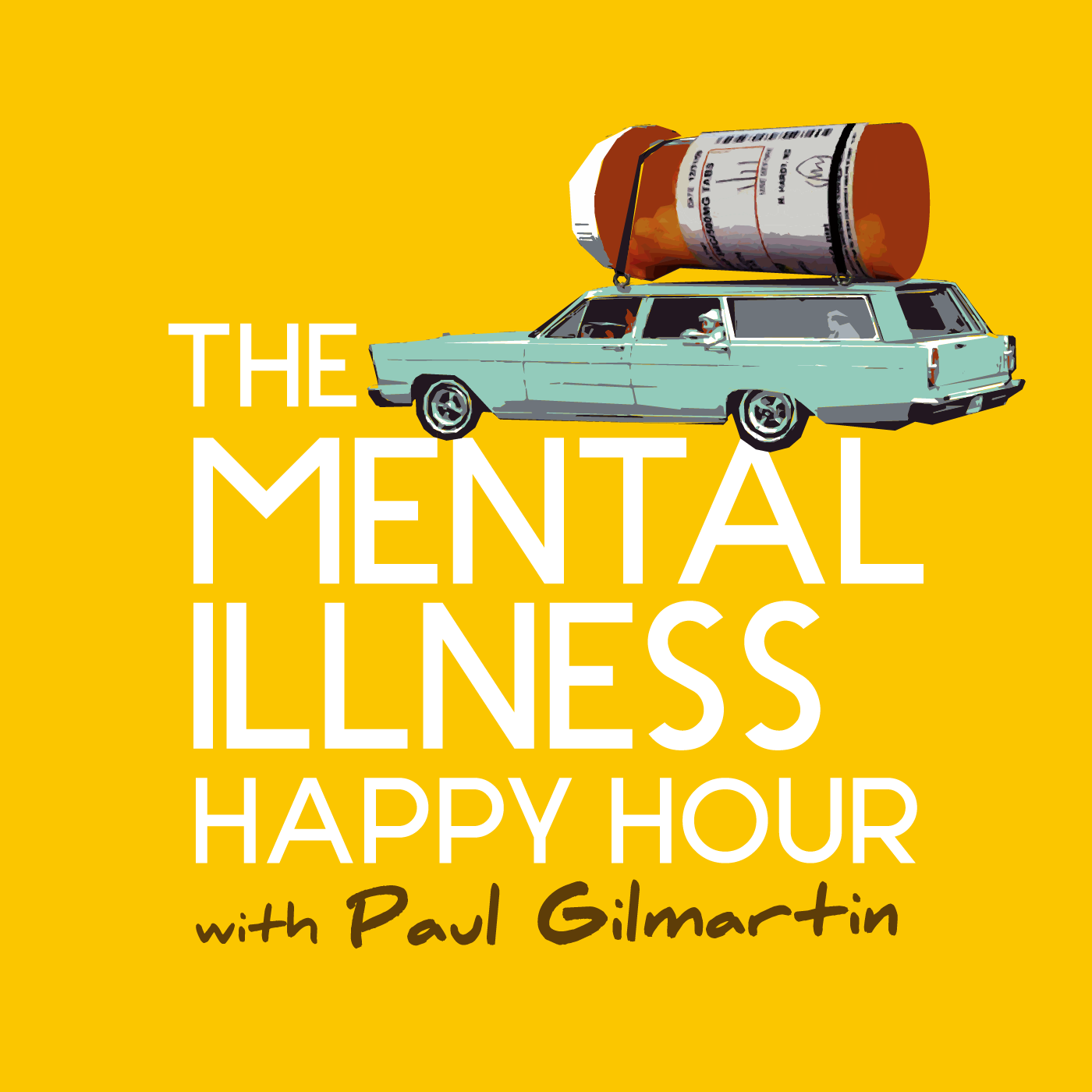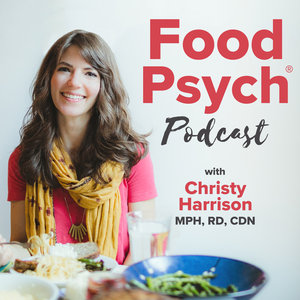Are you exhausted by the burden of responsibilities you’ve been shouldering? Do you need a break or a breather, even if it’s just for a few moments? Self-care is an essential component of survival in this busy world! All of us need moments when we can slow down and recharge.
Here are some places, all nearby around Vancouver, WA or Portland, OR where you might find reprieve:
- Ridgefield Wildlife Refuge
Located just north of Vancouver in Ridgefield, WA, the Ridgefield Wildlife Refuge contains 5300 acres of natural habitats, alive with birds and other animals–all native species. The Refuge offers walking trails and an auto route you can tour in your car. When I visited, I saw a juvenile bald eagle, great blue herons, and nutria (beaver-like critters) all in one 30 minute drive!
- Hulda Klager Lilac Gardens
The annual “Lilac Days” garden is open from April 21- May 13th 2018. You’ll be surrounded by the scents and sights of lilacs in full bloom in this stunning walkable garden. These aren’t just ordinary lilacs, but specialty varieties hybridized by Mrs. Klager during her life’s work. The Lilac Gardens are located in Woodland WA.
- Waterfront Renaissance Trail
The Waterfront Renaissance Trail is a 5-mile stretch of paved trail along the Columbia River. It connects Esther Short Park and Wintler Community Park. You’ll find awe-inspiring views of Mt. Hood and find peace as you sit on a bench and watch the water slowly move by.
- Wintler Community Park
Looking for a place to swim outdoors in the summer time? Or get some sun on the riverside beach? Wintler Community Park is the perfect place in Vancouver for summertime relaxation. It’s great for picnicking too!
- Salmon Creek Regional Park/Trail/Klineline Pond
The Salmon Creek Regional Park has it all–a spash pad for children to play, miles of paved walking/running/biking trails, roped swimming areas with lifeguard on duty during the summer, a plethora of picnic benches, and a pond perfect for wildlife viewing. It’s an ideal getaway if you’re looking for something close to the city of Vancouver that makes you feel like you’re miles away.
- Esther Short Park Summer Concert Series
Do you relax best to the sound of music? Every summer, free concerts are available to the community in downtown Vancouver, WA at Esther Short Park. Experience a variety of musical tastes, including jazz, bluegrass, rock, country, and even a symphony orchestra. A separate venue of free concerts will take place at the Columbia Tech Center in eastern Vancouver, WA.
- Vancouver Lake Park
Looking to relax on the water? Try canoeing, windsurfing, or kayaking on Vancouver Lake Park located on the west side of Vancouver, WA. This expansive park also offers sand volleyball, playground equipment, and a paved walking trail. It’s a beautiful place to slow down and connect with nature!
- Pearson Air Museum
Perhaps getting up close with history is your idea of relaxation. The Pearson Air Museum in Vancouver, WA is open for tours Tuesday through Saturday, 9am-5pm. The museum is a slow-paced experience of ingenuity, showcasing aircraft as it transformed and developed over time.
- The Columbia Gorge Riverboat
If you have time (and money) for a longer excursion, a cruise along the Columbia River might be just what you need. You can select a cruise that best fits your interest– Are you interested in seeing the sights along the Columbia River gorge? Or are you more interested in learning about the history of the Lewis & Clark Expedition or about Native American legends?
- Powell’s City of Books
Maybe your idea of relaxation is getting lost in a good book. Powell’s bookstore in Portland, OR has a collection of books like nowhere else, boasting over two million books in inventory, a vast diversity of literature of every kind. A visit to Powell’s is not like visiting other book stores. It is truly an immersive experience, offering a fun kind of break from the rigors of day-to-day life.
If you need help relaxing, especially if it feels like anxiety has a hold on you, a counselor with Star Meadow Counseling is available to help. You can call us at 360-952-3070 or email us at [email protected] to schedule an appointment.



















